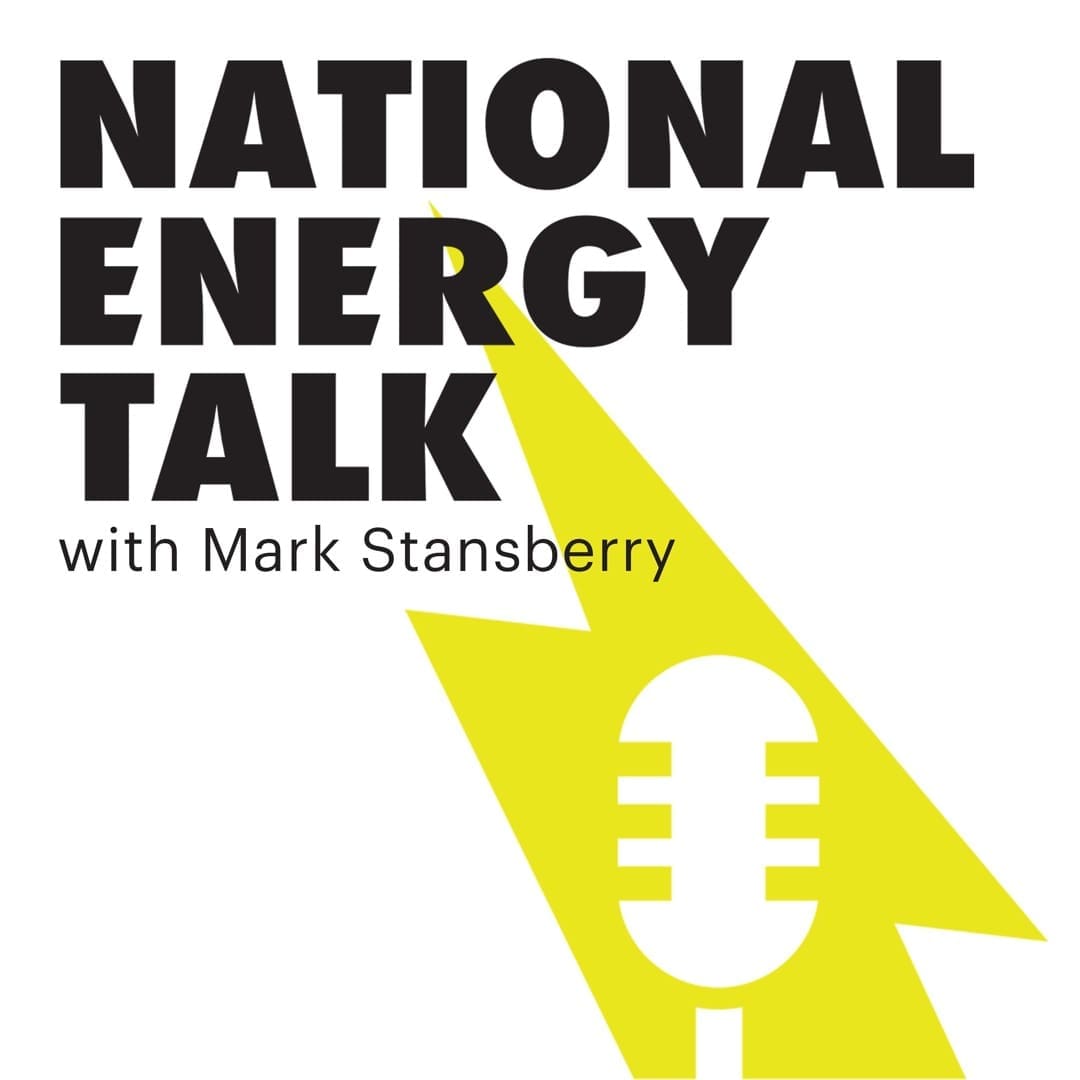A new survey from a Rice University researcher finds only 47% of energy industry insiders trust oil and gas companies to provide accurate information on energy efficiency. This research sheds light on the shifting perceptions within the sector, particularly amidst ongoing debates about efficient energy use.
The 2024 survey, conducted by Vikas Mittal, the J. Hugh Liedtke Professor of Management-Marketing at Rice, involved 936 stakeholders from the oil and gas industry, including employees, customers and vendors. The report, published in the Stratonomics B2B™ Research Report Series, found that the academic and scientific community remains the most trusted source, garnering 69% support, followed by environmental groups at 58%. In contrast, federal government agencies (49%), the general business community (48%), and media (38%) ranked among the least trusted sources for information on energy efficiency.
Oil and gas companies had a historically low trust score from 2017-2020 – ranging from 36% to 30% – but their trust score increased sharply to 47% in 2024, according to the report. Mittal argues that oil and gas companies can increase this growth of trust by building on academic partnerships and boosting their credentials through joint research and advisory relationships.
“Trust is multifaceted,” Mittal said. “The extent to which stakeholders trust a company as a source of information on one topic reflects a broader level of trust across issues. Developing, maintaining and growing general trust among energy industry stakeholders is therefore vital. They provide the needed revenue and expertise to keep the industry humming. To earn trust, oil and gas companies need to build strong partnerships with the academic/scientific community. These partnerships need to go beyond just basic technology and span social, financial and political issues that impact the sector.
“Today, oil and gas companies face an existential threat to attract and retain employees and customers who can trust them. Although trust in oil and gas companies among industry insiders increased they need to build on this gain. Witness the strategic lurch among many oil and gas companies — only four years ago, several were all in on sustainability and today many have already backtracked from their earlier commitment of decreasing investments in hydrocarbons. A better way forward may be for companies in this sector to build a multipronged strategy for generating and increasing trust by clearly embracing the mandate of providing reliable and cheap energy to end users.”
Mittal is an expert in business administration and marketing; his research on decision making been has published extensively in journals such as Organization Studies, Organization Science, Journal of Applied Psychology, Journal of Psychiatry, Organization Behavior and Human Decision Processes, and Personality and Social Psychology Bulletin. He currently serves on the editorial boards of numerous journals.







